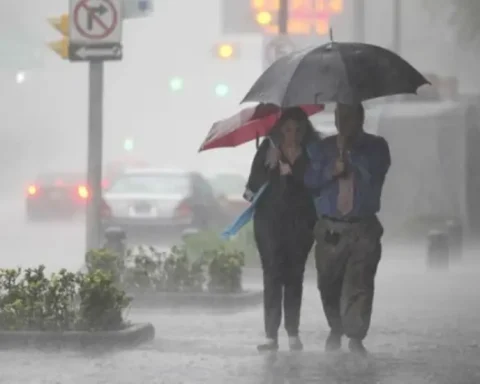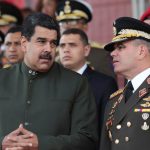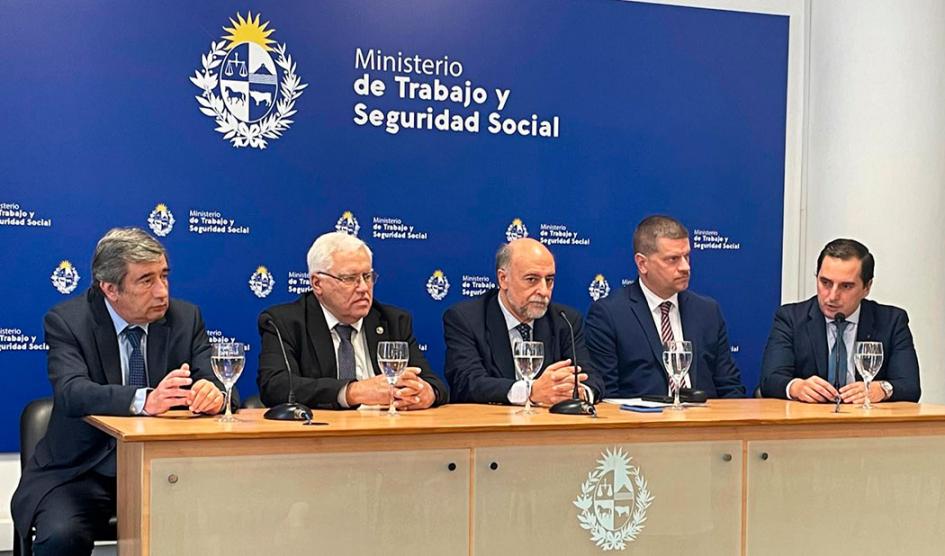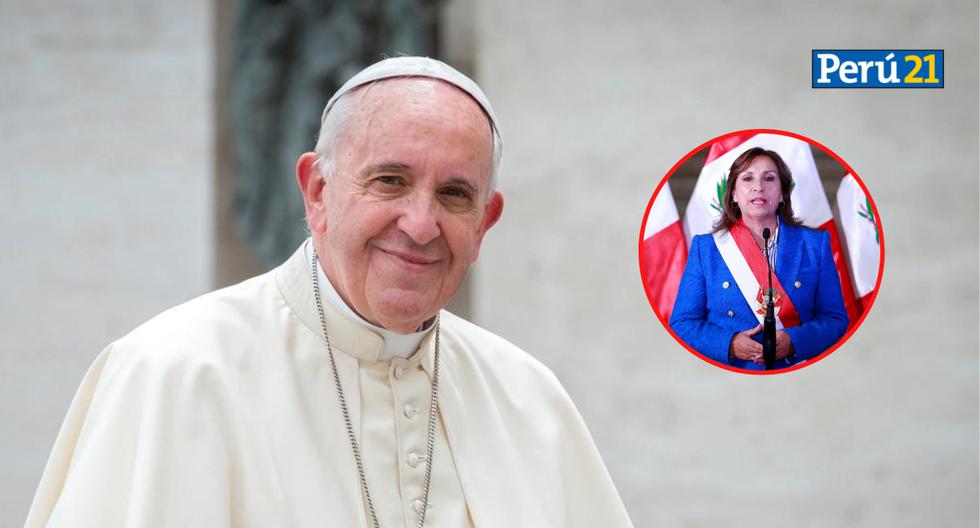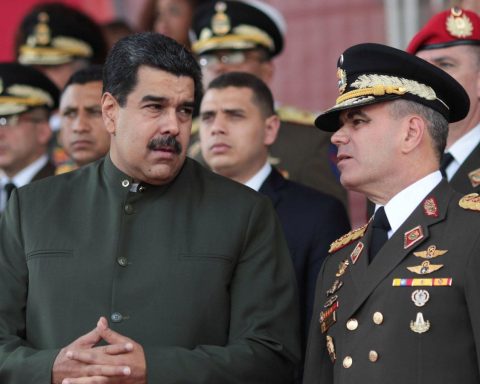For the year 2016, according to Ricardo Arredondo, a career diplomat and published in the magazine El Derecho of the Catholic University of Argentina, the media echoed a diplomatic situation generated from the decision of the Ecuadorian government to invite and decorating the former president of Argentina, Cristina Fernández de Kirchner, and the consequent statements by the Argentine ambassador to that country, Luis Juez, openly criticizing that decision were very notorious.
This case illustrated a fundamental problem that diplomatic agents frequently face.
And it is that the principle universally accepted and recognized by the international community is that the diplomatic mission and its agents cannot intervene in private affairs of the State where they are accredited.
Well, said interferences have been a discomfort where diplomatic agents are involved, and the observations that are considered to affect the internal affairs of the receiving State are generally received with irritation and classified as interferences.
The sovereignty of States over their territory is the guiding principle of this obligation. Furthermore, it is not logical for a foreign agent to participate in affairs of a State other than his own, the reason why he was sent is precisely to perform official functions.
Not interfering in the internal affairs of another State is not a mere moral, protocol or courtesy obligation, but is of a legal nature and is expressly codified in Article 41 of the Vienna Convention on Diplomatic Relations, which states: “Without prejudice to their privileges and immunities must respect the laws and regulations of the receiving State. They are also obliged not to interfere in the internal affairs of that State”.
And it is aimed at prohibiting diplomatic agents, whether in their official or private activity, from interfering in the internal politics of the State in which they carry out their functions.
These statements by diplomatic representatives tend to be perceived in different ways, while the receiving State tends to consider these acts as undue interference in its internal affairs, the sending State, that is, the sending State, tends to see them as promoting democratic freedom or respect for human rights.
Most of the time, it is the States with the greatest economic development, and with the greatest weight in the international system, that tend to incur in these unjustified interferences.
To conclude, diplomatic officials must refrain from publicly criticizing local authorities and their policies, both nationally and in their foreign policy, trying to affect political relations with other States, and that is why communications and comments must be channeled through diplomatic channels, especially through the Ministry of Foreign Affairs, as indicated in article 41 paragraph 2 of the Vienna Convention.






